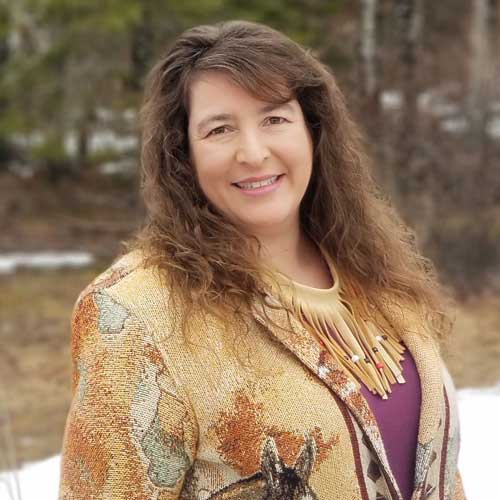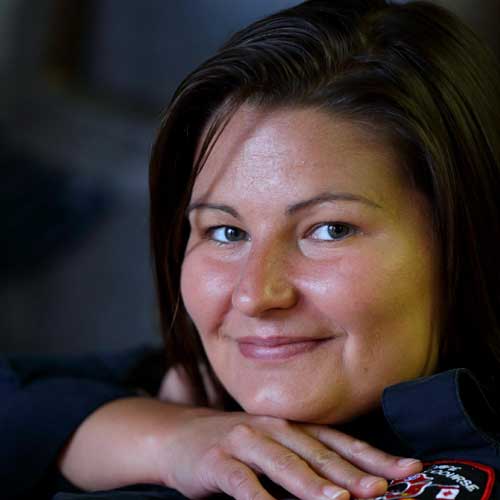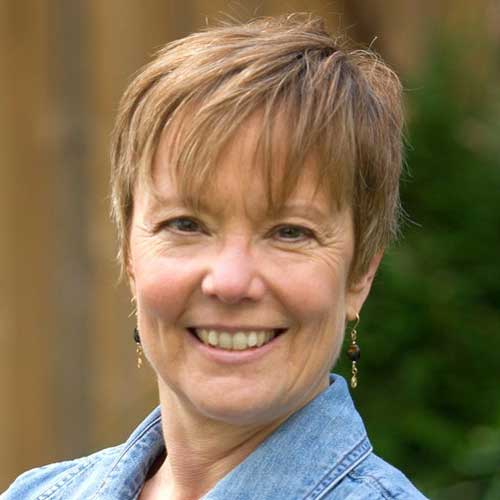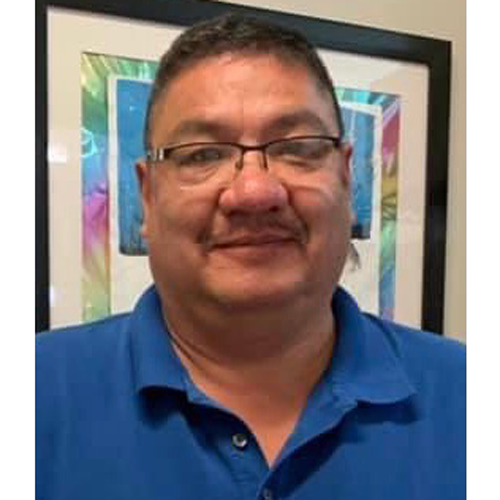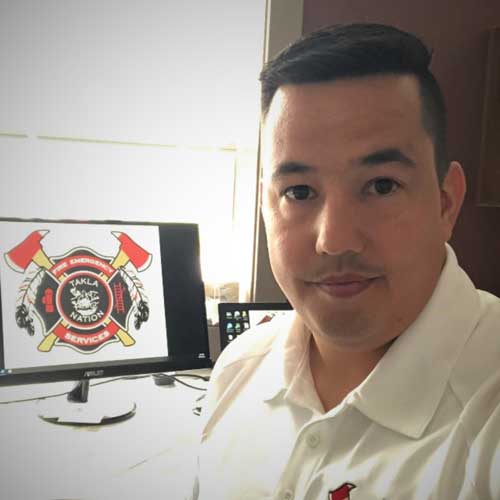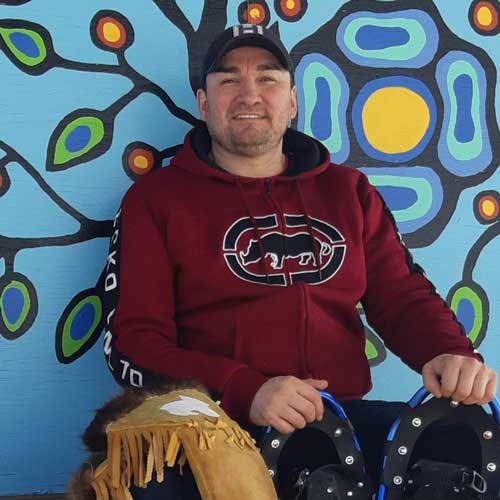Day One: Tuesday, April 13, 2021
10:30 EDT
15 minWelcome and Opening Remarks from the Chair
Jennifer Jesty, Emergency Management Coordinator, Union of Nova Scotia Mi'kmaq
10:45 EDT
60 minALERT ALERT ALERT! How to Reach Your Own Community Members During an Emergency
Jennifer Jesty, Emergency Management Coordinator, Union of Nova Scotia Mi'kmaq
- Communicate critical information to YOUR community members at the touch of a button
- Provide instant COVID updates
- Send information via text message, cell phone call, house phone call and email all at once
- Record your own voice in your own language
- Create your own alert system allowing you to send alerts without having to involve other agencies
11:45 EDT
60 minPartnerships and Cultural Safety in Emergency Support Services
Char Etzerza, Partnership Coordinator, Emergency Management BC
- Wildfire and flood events of recent years stretched and tested British Columbia’s emergency management and Emergency Support Services (ESS) systems. These events changed the landscape of emergency management in BC and led to a deepening of partnerships and a reimagining of what culturally safe, relevant, and holistic evacuee care might look like
- The goal of this session is to share wise practices and inspire emergency management leaders to reflect on opportunities for partnerships and how they might contribute to systems of care that honour Indigenous culture, knowledge and community-based practices
- The presentation will be grounded in the results of an action-oriented project where 22 Indigenous emergency management and support organization representatives shared practical and systemic suggestions for integrating cultural safety into Emergency Support Services
12:45 EDT
45 minBreak
13:30 EDT
45 minPartnering for Preparedness
Wayne Schnitzler, Executive Director, First Nations Emergency Services Society
- Talk about my 35year Fire Service History and my current role as Executive Director of FNESS and talk about our organization and how we support Indigenous communities
- Examples of largescale Emergencies that have impacted Indigenous communities in B.C Flooding and Fires and currently the Covid 19 Pandemic
- First Nations Emergency Services Society and other Provincial and Federal government agencies on how they were involved in assisting communities and the gaps that were encountered by Indigenous communities impacted by floods and fires in 2017 and 2018
- Review the B.C Flood and Wildfire review examining the 2017 flood and wildfire season titled Addressing the new normal:21st Century Disaster Management in British Columbia that was Co-chaired by George Abbott and Chief Maureen Chapman that was released April 30th 2018 as we headed into another devastating wildfire season
- Review recommendations of the report that impact Indigenous communities
- Where we are today on those recommendations and how FNESS is involved in finding solutions moving forward
14:15 EDT
45 minCommunity Emergency Management
- Mitigation – How can we implement mitigation measures in the community?
- Preparedness – We’ve identified our risks, now what?
- Response – What is my Fast 5*?
- Protection – What type of protection methods can we incorporate during an emergency?
- Recovery – Your First 5 steps of recovery.
15:00 EDT
45 minBreak
15:45 EDT
45 minSupporting First Nation Communities in Emergency Management – FNHA perspective
Dan Ferguson, Environmental Health Officer, First Nations Health Authority
- Review of Emergency Management in BC
- Review of BC Regional Health Authorities
- First Nations Health Authority – First of its kind in Canada
- Supporting Communities using the Emergency Management Cycle
- Our Covid-19 experience
16:30 EDT
45 minIndigenous Disaster Resilience: Justice-Oriented Best Practices across the Emergency Management Cycle
This presentation will define Indigenous disaster resilience, with an emphasis on justice and equity. From an ally’s perspective, it will outline how emergency management’s four overlapping and interconnected steps – mitigation, preparedness, response and recovery – can be oriented towards addressing the systemic racism and structural barriers that limit effective disaster resilience in Indigenous communities. Potential best practices that work towards enhancing justice-oriented Indigenous disaster resilience will be outlined.
17:15 EDT
Closing Remarks from the Chair
Jennifer Jesty, Emergency Management Coordinator, Union of Nova Scotia Mi'kmaq
Day Two: Wednesday, April 14, 2021
10:30 EDT
15 minWelcome and Opening Remarks from the Chair
Jennifer Jesty, Emergency Management Coordinator, Union of Nova Scotia Mi'kmaq
10:45 EDT
60 minPeguis First Nation: A Community in Constant Crisis. Lessons learned Pre and Post 2014
William Sutherland, Director of Housing & Emergency Management, Peguis First Nation
11:45 EDT
60 minPromoting Collaboration and Strategic Partnerships for First Nations
- Prevention
- Mitigation/Recovery
- Preparedness
- Response
12:45 EDT
45 minBreak
13:30 EDT
60 minEffective Emergency Planning to Meet Your Community’s Needs
Patricia Martel, Emergency Management Program Specialist, Niagara Region
- Understand the importance of emergency planning
- Identify the planning needs of your community
- Learn how to develop an effective emergency plan
- Explore how to include your community’s strengths to build resilience
- Training and exercising your plan
14:30 EDT
60 minOur Responsibility is to Ensure the Best Response for Our Community
Jeremiah Louis, Fire Chief & Emergency Services Manager, Takla First Nation
- Know the agencies that will respond to your emergency.
- Work with the field offices that are within and around your traditional territory.
- Building the partnerships with local responders
- develop the response models with neighbouring jurisdictions
- identifying the response goals and how they relate to the values of your nation.
15:30 EDT
45 minBreak
16:15 EDT
45 minLessons learned in during Covid-19 2020 & 2021 for First Nations
Wilbert Wesley, Emergency Management Services, Mushkegowuk Council
- Re-cap2020 covid19
- Benefits of Training & education in emergency management ,
- Monitoring & screening stations in first nations
- Emergency Social Services ESS in action in First Nation,
- Community Covid19 quality control methods in First Nation,
- Fire Emergency Services adjustments to COVID-19
17:00 EDT
Closing Remarks from the Chair
Jennifer Jesty, Emergency Management Coordinator, Union of Nova Scotia Mi'kmaq
